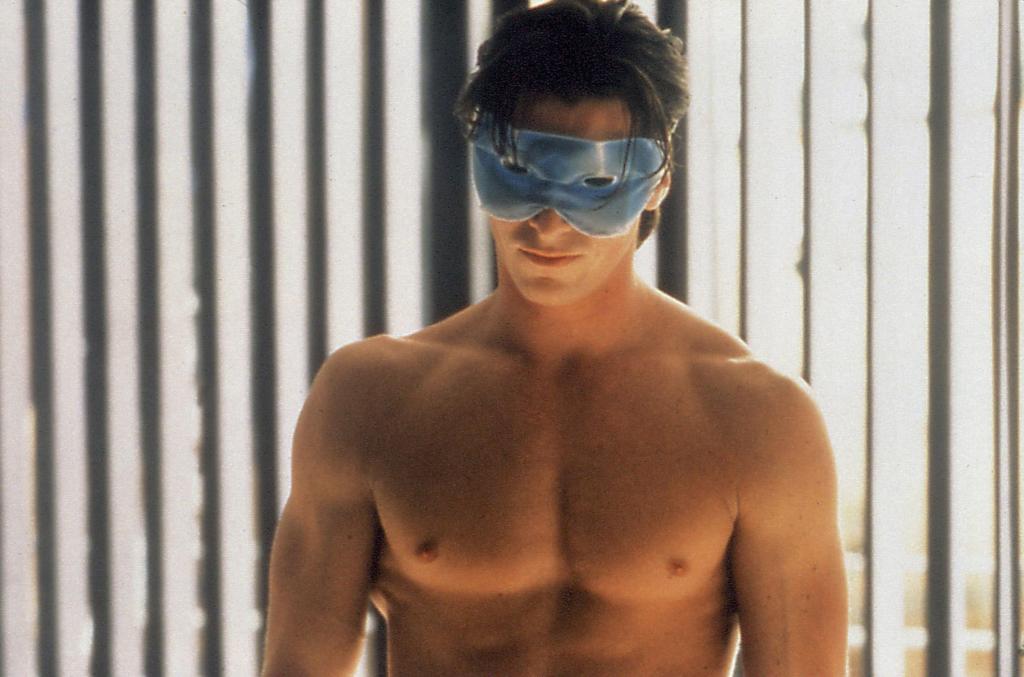
Stills courtesy of the director
Anyone can make a movie these days. It feels like going to film school is an even more ridiculous of an idea than it was ten or 20 years ago, but that doesn’t stop some people from doing it. There are still passionate young filmmakers out there with a vision, a degree of technical expertise, a Kickstarter, or some funding from a rich uncle (if they’re lucky). NYU film grad Sebastian Sommer is one of these visionaries. For his recent film, Family Tree, Sommer hooks up with three of New York City’s notable young talents—India Menuez, Claire Christerson, Hari Nef, and Alexandra Marzella.
Menuez is the best-known of the group. She’s a member of NYC’s Luck You Collective and has built a name acting in art films, producing art for shows with Petra Collins and others, and maintaining a vibrant presence on Instagram. Marzella’s medium of choice is Twitter, producing sexually-charged post-internet vibe art as @artwerk6666. All four women are New York success stories who’ve figured out a way to make the hyperactive spectacle-obsessed internet of 2015 work in an artistic context. They somehow manage to remain prolific both online and IRL.
Videos by VICE
For his short, Sommer cuts back to basics and uses a simple, straightforward visual strategy to allow the personalities of these eclectic actresses and artists shine through. The film itself is a weird meditation on suicide, identity politics, and urban disillusionment. I decided to track down the film’s actresses to talk to them about it following the film’s release last week.
VICE: What is the personal significance of suicide for each of you?
India Menuez: I was really hesitant to take the role, because of the seriousness of this topic. Like the glamorization of drug abuse, I didn’t want to be a part of another film that made self-harm appealing. I have been lucky enough to experience the effects of suicide only second-hand. It is a real, tragic, and complicated thing, but art should be able to discuss all issues.
Alexandra Marzella: It’s something one contemplates often enough—a possible means of escape. Suicide and artists go hand-in-hand, unfortunately.
Do you find yourselves consciously trying to associate with projects that throw people off or shift expectations?
Menuez: Sure, part of a desire for diverse roles and projects is to create a confusing public image, to make people think. But it also comes out of a personal need to be challenged. More then surpassing an audiences expectations, I am interested in also surprising myself.
As you develop your identities in film and art, is “coolness” something you take into account? Or is it an accidental byproduct of what you happen to be doing?
Marzella: Sure, the latter. The “cool” vibe you’re getting from this particular film is pretty purposeful.
Menuez: I try to live up to my ten-year-old self’s standard of cool. Beyond that, I try not to feel too embarrassed about the word “cool” and its diluting overuse.
Does this film represent a certain disillusionment with what New York City has become in recent years, or am I reading to far into it?
Marzella: I’m not from the city originally, but I can say NYC has changed me in ways I can’t really describe. It’s possible Family Tree has something to do with this concept but for me maybe it’s more about disillusionment with life rather than a particular place.
Manuez: New York’s constant state of change is what gives it its jagged desperation. The character I play in Family Tree is not from New York like I am. I think she feels like the city that made her is dying, and so she must die with it. But growing up here, I don’t feel so melodramatic about it. I guess I just get tired of hearing people from elsewhere complain about the city not living up to their dreams. I don’t know if New York City can lose its core authenticity no matter how much it’s gentrified.
Thanks.



